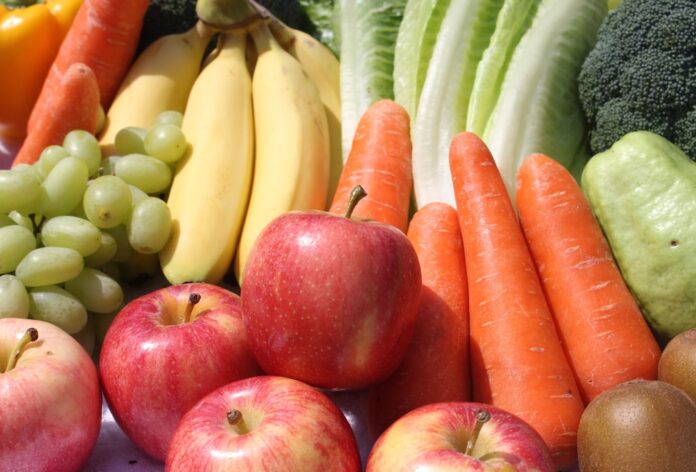Alcoholism and drug addiction can change your entire way of life. Whether you were addicted to alcohol, opioids, cocaine, or something else, you may have ruined relationships, lost your job, your home, or many other things that were important to you.
However, not as often spoken about is the impact that drugs and alcohol can have on your body and how badly they can disrupt nutrition. When you’re on the path to substance abuse recovery, it may be worth taking an interest in your dietary needs so that you can achieve nutritional balance and potentially repair some of the harm associated with your previous lifestyle.
The Impact of Substance Abuse on Nutrition
You take some courageous steps when undergoing a substance recovery program. process. If you are looking for such a facility in California, click here to check out the best place to get treatment.
At this point, you also learn about the effect your addiction had on your body. Many people who abuse drugs and alcohol can experience many side effects like a loss of appetite, organ damage, gastrointestinal conditions, and poor eating choices.
Appetite Loss and Poor Eating Choices

Many substances suppress your hunger, which means you may forget to eat or eat very little. People under the influence may also be more likely to consume unhealthy foods like fast food and high-sugar snacks.
Organ Damage
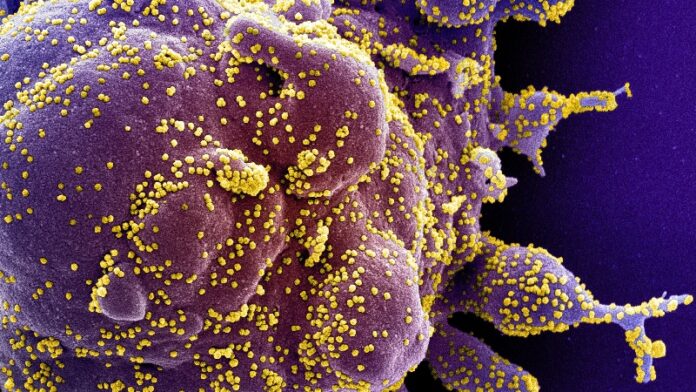
Organ damage is also a possibility as most drugs damage the organs your body needs to break down and process the nutrients in your food. Alcohol is even known to make it challenging to absorb nutrients.
Gastrointestinal Conditions
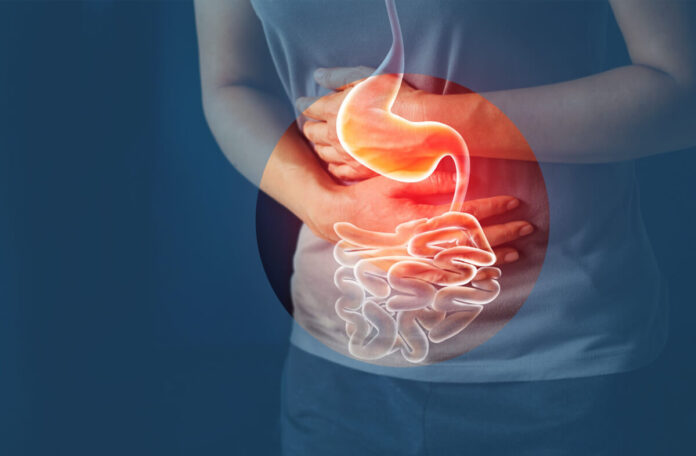
Some drugs and alcohol can contribute to gastrointestinal issues that prevent your GI tract from making use of the nutrients in your food.
Hypoglycemia
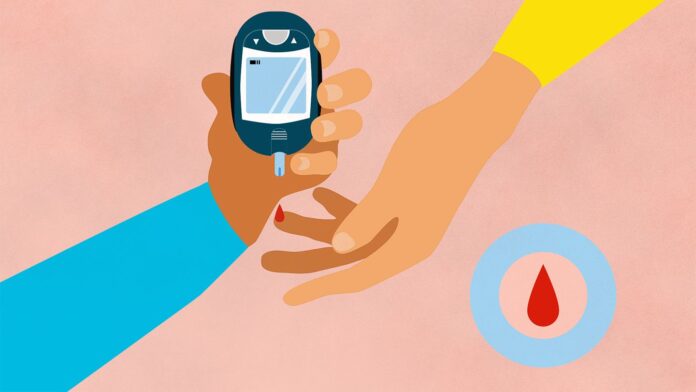
A poor diet may result in low blood sugar, which your body needs as its primary energy source. Hypoglycemia can result in anxiety, shakiness, heart palpitations, and confusion.
The Roles Nutrients Play in Our Body
When you’re starting to get your life back on track after a drug addiction, food may play a more critical role in your life than it has since before drugs were your primary focus and priority.
You may gain your appetite back, choose to nourish your body, and want to ensure that what you’re putting in it benefits it somehow. Learning about the different macronutrients and micronutrients we need may allow you to make an informed choice about the foods you eat to nourish your body and look after it.
We need 13 essential vitamins to stay healthy, and these are broken down into fat-soluble and water-soluble vitamins. By consuming these vitamins through a healthy, balanced diet, you can support your immune system, look after your teeth and bones, help your brain and nervous system to function, and improve calcium absorption.
Along with vitamins, it’s also crucial to consume foods with major and trace minerals. These may assist with your blood pressure, oxygen transfer, a healthy immune system, blood clotting, and even the prevention of tooth decay.
Your rehab treatment center team may also help you become familiar with the protein your body needs to function, fat and fatty acids for your muscles, brain, and immune system, carbohydrates for your central nervous system and brain, and water for bodily functions.
Create and Use a Nutritional Plan
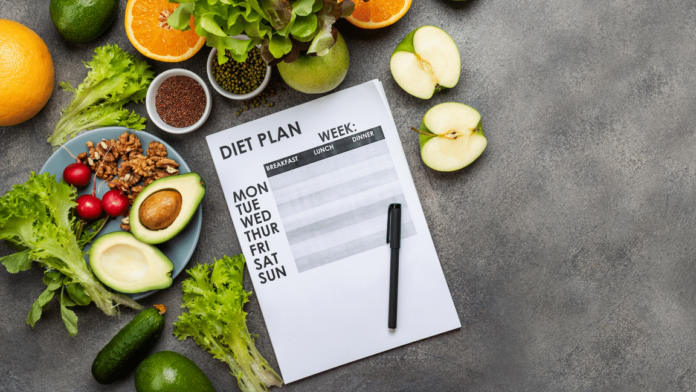
A core part of drug and alcohol recovery is learning how to function and integrate into society without relying on a substance. Getting to this point can require a lot of planning, right down to how and what you eat.
Depending on your current or past eating habits or eating disorders, nutritionists and physicians may recommend creating meal schedules and nutrition plans to foster new, healthy habits. Such plans might include helpful advice and information on:
- Avoiding caffeine
- Taking vitamin and mineral supplements
- Eating at planned times
- Choosing low-fat and low-salt food options
- Eating plenty of whole grains, fiber, fruit, and vegetables
- Using eating as a healthy tool, rather than a replacement for a drug addiction
The nutritional plan can also incorporate the most critical nutrients that can often be depleted during high-stress times, such as when you’re recovering from an addiction. When your body over-produces the stress hormone cortisol, it can drain your supply of vitamins, minerals, fatty acids, and electrolytes.
Best Food to Consume During Substance Abuse Recovery
As you’re working through your drug addiction, you won’t immediately start consuming a balanced diet. However, small inclusions and changes in your diet may put you on a healthy path. Some of these food options below may be worth considering.
Bananas
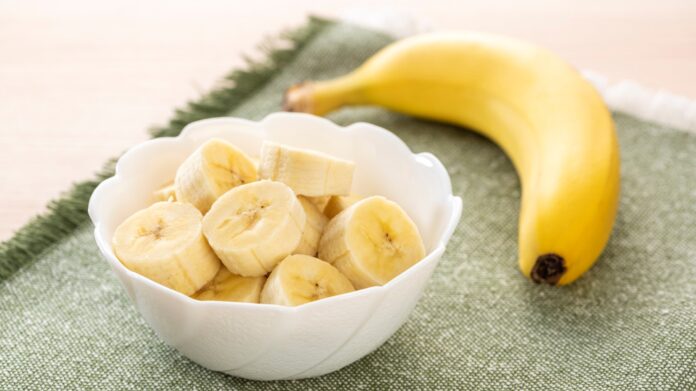
You may not be ready to consume full meals, so healthy snacks can be an excellent first step to nourishing your body. Bananas are delicious, nutritious, easy to consume and contain tryptophan. This is a necessary amino acid for your body to produce serotonin for healthy sleep. Bananas also contain a range of vitamins and minerals like potassium, vitamin C, and vitamin B6.
Blueberries
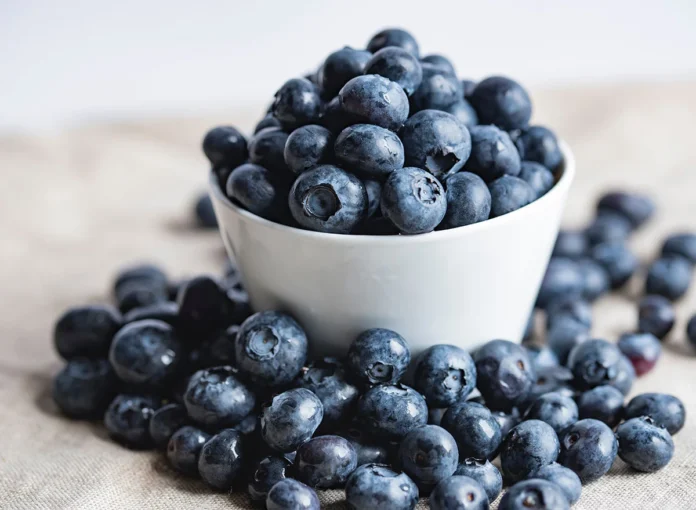
Drug and alcohol addictions cause a lot of toxins to be left in your body. When you’re going through recovery, consuming blueberries may be a great snack choice because they contain antioxidants. These protect us from free radicals and toxins produced by drugs and alcohol.
Vegetables
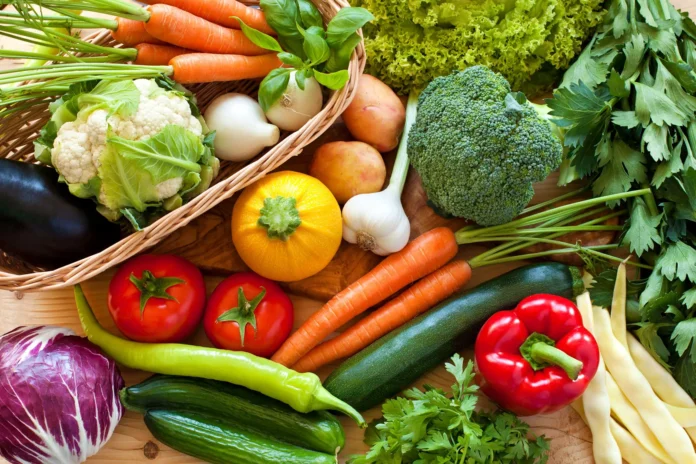
Rather than singling out one vegetable to consume, any of them can be how you give your body the vitamins, minerals, fiber, and other nutrients it needs. Some exceptionally nutritious ones are leafy greens and cruciferous greens such as broccoli and kale.
Tofu

While not everyone is familiar with tofu or how to include it in their diet, it can be an ideal low-calorie and low-fat option for people recovering from alcohol or drug addictions. Your liver doesn’t have to work as hard during the digestive process with tofu as it would with other high-protein foods.
Whole Grains
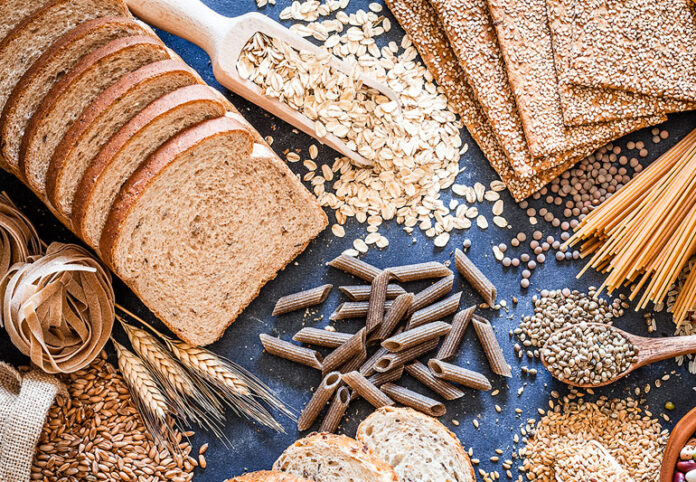
As you’re trying to help your digestive system recover, choose whole grains over their refined counterparts. Whole grain bread and pasta consist of complex carbs that may help you feel fuller for longer while giving your body the fiber it needs.
There is more to substance abuse recovery than saying no to your drug of choice. It can involve getting your mind, body, and soul back on track. When the time comes to begin focusing on nutrition and nourishing your body, some of this practical information above may be useful.

